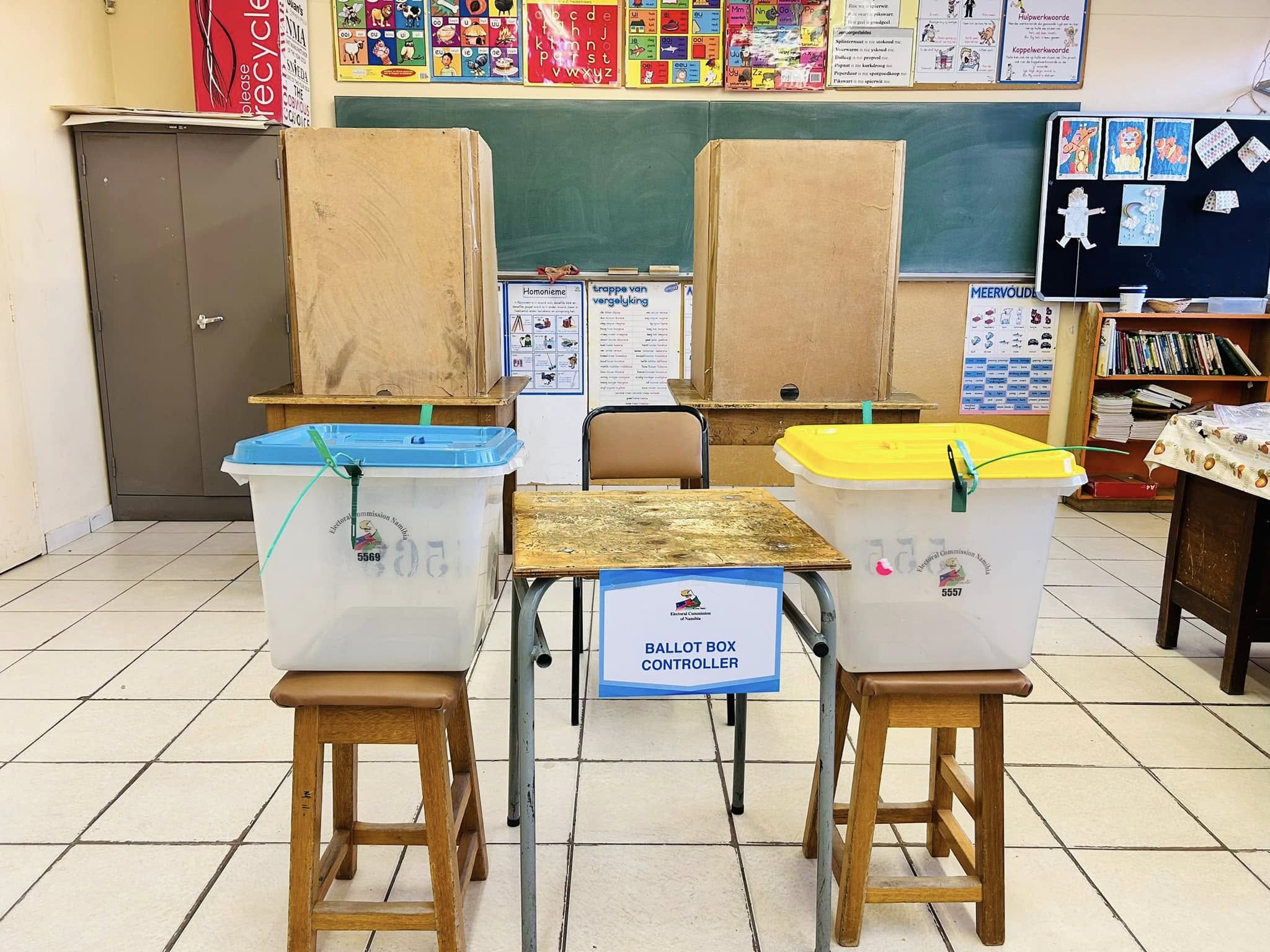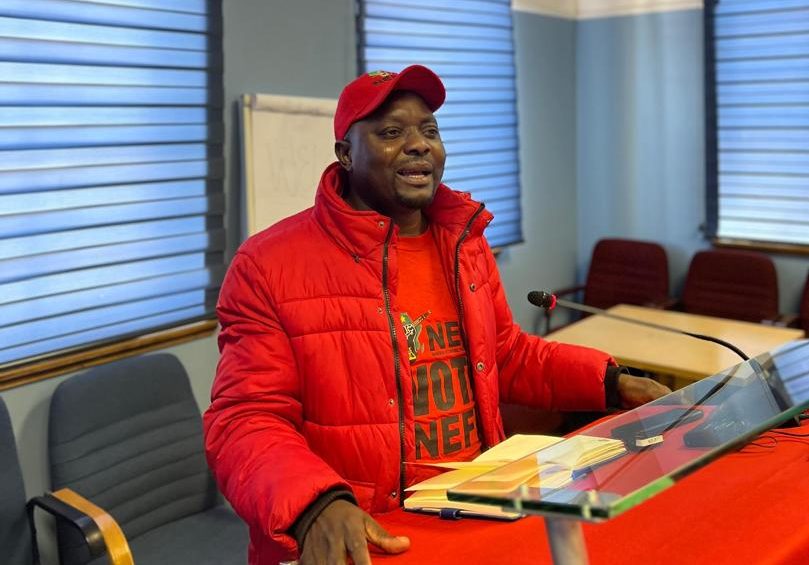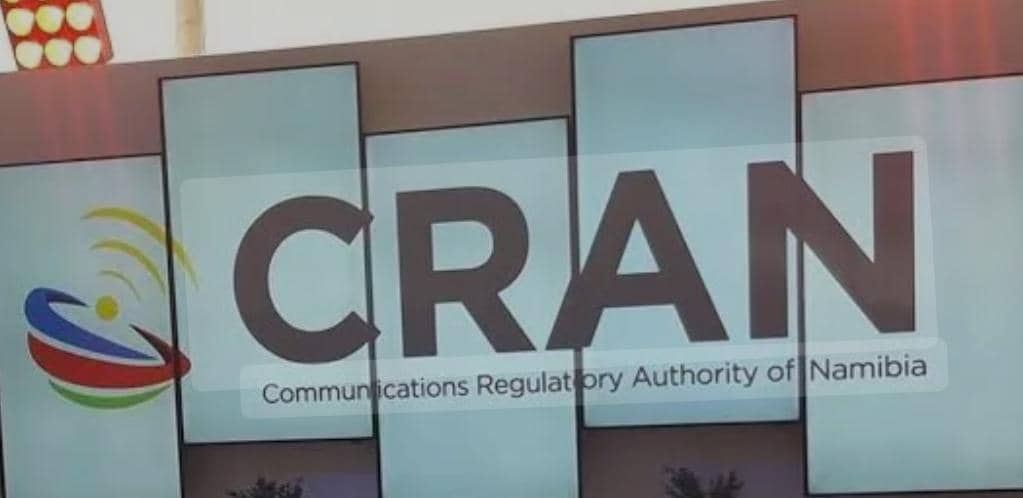
Finance and public enterprises minister Iipumbu Shiimi yesterday increased the 2024/25 national budget by an additional N$1.6 billion, bringing the total budget to N$101.7 billion.
This increase of N$1.6 billion from the February national shopping list has been altered to direct N$2.6 billion more towards operational spending to be used mainly for emergency responses and support programmes.
Delivering a revised budget in parliament yesterday, Shiimi said the current drought situation has “weighed negatively against domestic economic activities and caused considerable hardship for many of our citizens”.
The N$2.6-billion increase in the operational budget brought it to N$78.2 billion from N$74.6 billion, while the development budget has decreased to N$10.4 billion from N$12.8 billion.
Debt servicing costs remain the same at N$12.9 billion.
Shiimi announced these changes during the mid-year budget review in parliament.
“The projects affected by budget reallocations are primarily in the railway sector. Nevertheless, given the importance of the rail sector to unlock economic activities, we will ensure that sufficient funding is made available to the upgrading and development of the railway network, going forward,” Shiimi said.
He said the ministry will work closely with the Ministry of Works and Transport and TransNamib to ensure that the upgrading of the national railway network is expedited.
EMERGENCY SPENDING
Shiimi announced additional emergency funds for health, agriculture, education, defence, and utilities.
Among the key reallocations are N$698.8 million for drought relief, increasing the total budget for this category to N$1.4 billion, and N$139 million to extend a conditional basic income grant (BIG) to additional qualifying urban beneficiaries.
“This (drought relief) allocation provides for the drought relief programme to be expanded to cover 308 750 households until 30 June 2025. This is a significant resource envelope, which highlights the importance of instituting climate resilience policies and measures to minimise the impact of weather events on livelihoods,” Shiimi said.
A total of N$1.1 billion was made available for other various emergencies, including N$450 million for health and N$233 million for agriculture.
Meanwhile, N$500 million was allocated for medical aid shortfalls, N$386 million for the University of Namibia, and N$88 million for the Namibian Student Financial Assistance Fund.

Simonis Storm Securities junior analyst Almandro Jansen says the mid-year budget adjustments show the government’s acute awareness of the country’s immediate socio-economic challenges, particularly the drought and the rising cost of living.
“The decision to allocate N$698.8 million towards drought relief is necessary, considering the significant strain on agriculture and rural livelihoods,” Jansen says.
However, he says from a broader perspective, the reallocation of funds from infrastructure projects like railways signals a trade-off that could weaken the long-term foundation for economic growth.
“Rail infrastructure is vital for sectors like mining and logistics, which are key drivers of Namibia’s economic diversification. While short-term relief is essential, there must be a continued focus on maintaining a balance between immediate social needs and the strategic investments that underpin future economic resilience,” Jansen says.
By reducing focus on capital-intensive projects like railways, Jansen says Namibia risks undermining its ability to stay competitive in regional trade and increase economic diversification.
He also says the impact of the drought on agriculture, a cornerstone of Namibia’s economy, makes this support critical for sustaining livelihoods and preventing deeper economic fallout.
However, he says addressing the immediate effects of the drought is only part of the solution.
“The government must take proactive measures to build long-term resilience against climate volatility by investing in sustainable water infrastructure, irrigation systems and climate-adaptive farming techniques,” Jansen says.
He says the future of Namibia’s economy will depend on its ability to balance short-term relief with the structural investments needed to foster long-term growth and climate resilience.

EMERGENCY AID OR ELECTION-YEAR GENEROSITY?
Political analyst Rui Tyitende questions the continued emergency spending on drought relief and social services.
“Considering the political season that we are in, this is nothing but a political and social bribe,” he says.
Tyitende says Namibia’s drought will only worsen as a consequence of climate change, but the government has been budgeting more for drought relief compared to agriculture development.
“As a result, green schemes have been turned into dry schemes with food insecurity negatively affecting more than a million people. There appears to be a coterie of fat cats that benefit from this spending on drought relief as it does not make sense. And if something does not make sense, then it is making someone a lot of money,” Tyitende says.
Nafimane Hamukoshi, a trustee at the Economic and Social Justice Trust, says while the conditional BIG serves an immediate need for financial assistance among vulnerable populations, transitioning towards a universal income grant could provide more sustainable long-term solutions to systemic poverty.
“The reallocations appear to be a necessary response to an ongoing crisis affecting many citizens’ livelihoods. On the other hand, the extension of a conditional BIG can be viewed through a dual lens; while it’s addressing immediate social needs and supports vulnerable populations, its timing just before elections raises questions about its motivations,” Hamukoshi says.
She says this spending could be seen as both an essential measure to alleviate poverty and an opportunistic move aimed at garnering electoral support from urban voters who may benefit from such grants because of their vulnerability.
“As a young person, the perspective may differ; while some may appreciate the immediate financial assistance, others might view it sceptically as a tactic to secure votes rather than a long-term solution to systemic issues affecting a lot of young people like unemployment and economic disparity,” Hamukoshi says.
Stay informed with The Namibian – your source for credible journalism. Get in-depth reporting and opinions for
only N$85 a month. Invest in journalism, invest in democracy –
Subscribe Now!






